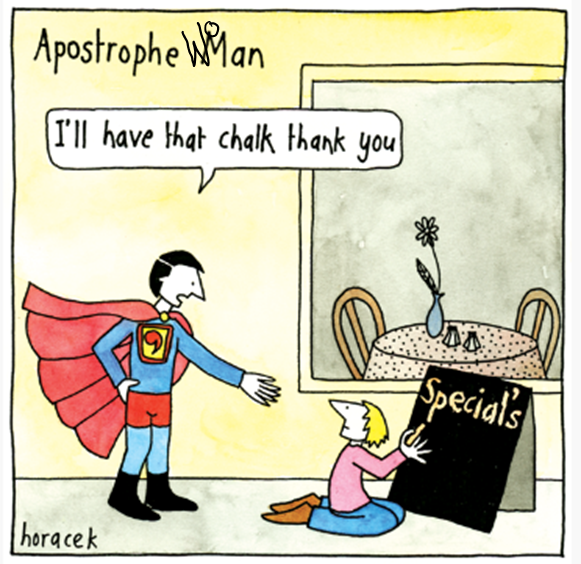Always buy lemonade from the kid on the corner. Always. Why? Because it's the right thing to do. Think about the kid who has the brilliant idea to set up a stand. First she's (or he, but for ease, just using one) dragged a card table out of some dusty basement recess, hoping all four legs work. Or moved the plastic patio table, dragging a line in the lawn. Then she's made a sign, perhaps without the proper equipment like white chipboard and a fat-nibbed poster marker, more likely with skinny pens and the back of an Amazon box. She's done her best to make it readable. It's true you're unlikely to get homemade lemonade anymore (and more power to you if you do - there's nothing like it) but some kind of drink has got to be made. She's probably toiling from a stepstool at the kitchen counter, with a long spoon, attempting to dissolve Country Time powder. Then there's glasses to be rounded up, and a muffin tin full of change, and the hard thinking that goes into price setting. But most of all, she's willing to sit on an exposed corner, two table legs hovering precariously on the curb edge, and watch car after car drive by, without so much as a wave. Stop. Get out. Ask her what's to drink, even if you can read that cardboard sign made with the too-thin pen. Overpay, but not too much, and surprise her by saying "keep the change." If you don't want the drink that's likely so sweet it can cause a diabetic coma, pour it out at the next stop. That's not the point.
Stop for the little girl or boy selling lemonade. Always. How long has it been since you put yourself out there to face the busy, drive-by world?
Stop for the little girl or boy selling lemonade. Always. How long has it been since you put yourself out there to face the busy, drive-by world?
